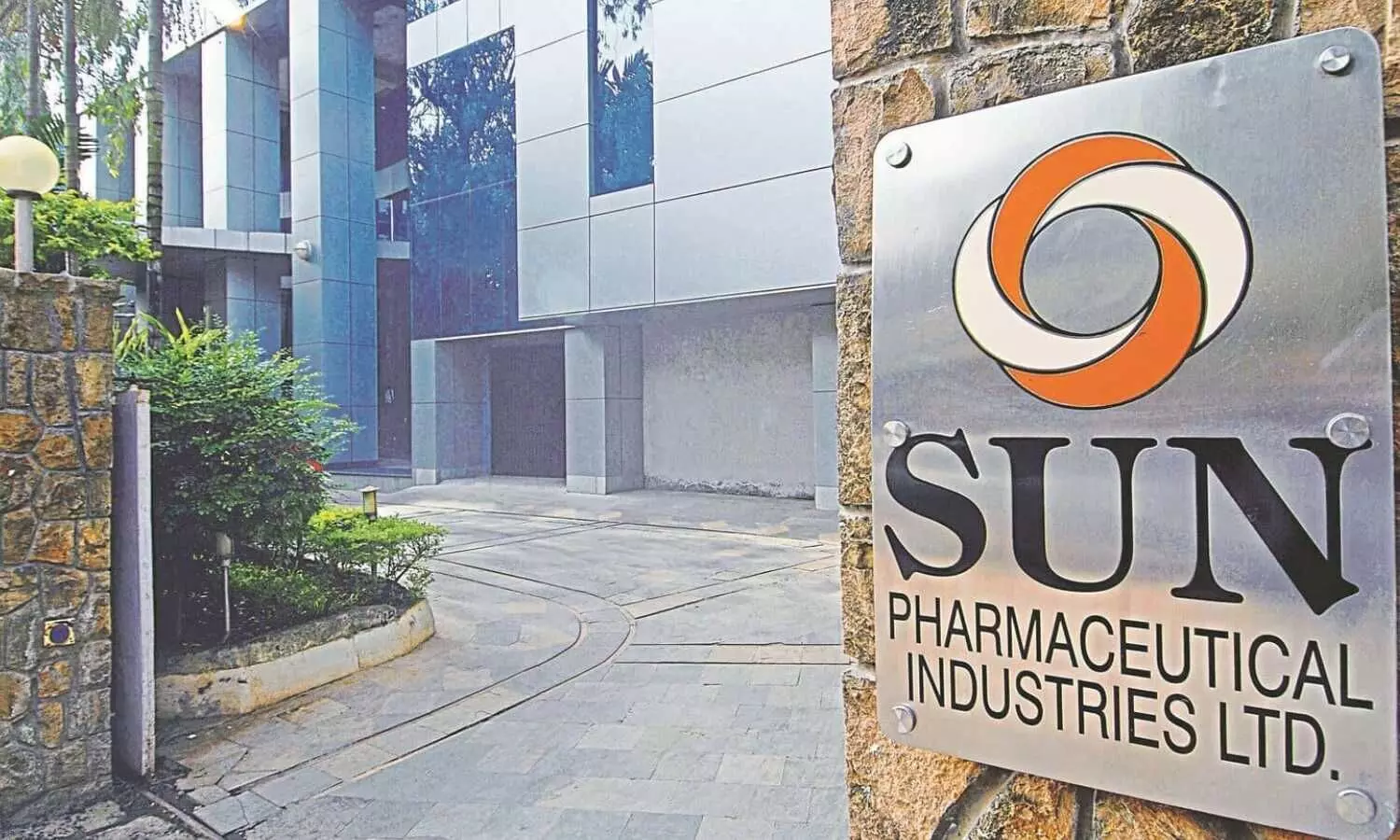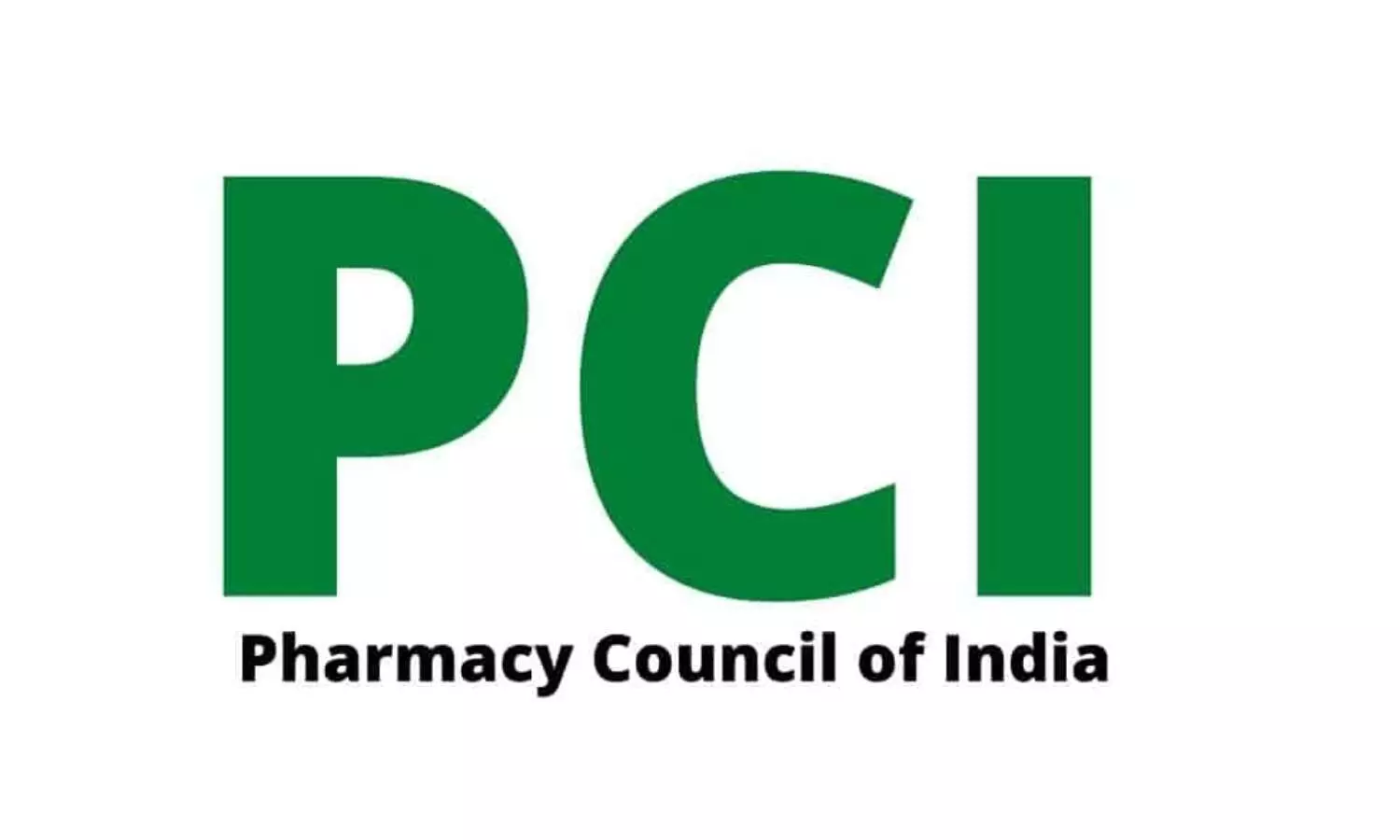Breastfeeding Linked to Lower Risk of Early Puberty in Children, reports research

Breastfeeding within the first 4 to 6 months of life has been identified by researchers as being associated with a reduced risk of central precocious puberty (CPP) in children of both genders. CPP is the condition of early onset of puberty at an unnatural age, and it has been on the rise globally, triggering concerns about long-term consequences such as metabolic disorders, psychological distress, and enhanced risk of various diseases later in life. This study was published in JAMA Network Open by Yunsoo C. and colleagues.
It was a big retrospective cohort analysis that used data from the South Korean National Health Insurance Service Database from January 1, 2007, to December 31, 2020. There were 322,731 children who received regular health checkups at 4 to 6 months and once more at 66 to 71 months. Children with comorbidities, those who died during the follow-up period, those with missing data, or those diagnosed with CPP before age 6 years were excluded.
Infant feeding patterns were measured with caregiver-completed questionnaires during the 4–6-month visit. Children were categorized as being exclusively breastfed (46.0%), formula-fed (34.9%), or mixed-fed (19.1%). The main outcome was incidence of CPP, defined by diagnostic codes and verified with treatment with gonadotropin-releasing hormone agonists. Multivariable Cox proportional hazards models were applied to estimate adjusted hazard ratios (AHRs), and mediation analysis was conducted to test whether childhood overweight or obesity accounted for some of the association.
Results
-
The results indicated that the greatest risk of CPP was linked with formula feeding, followed by mixed feeding, relative to exclusive breastfeeding.
-
For boys, formula feeding raised the risk of CPP by 16% (AHR, 1.16; 95% CI, 1.10–1.21), whereas mixed feeding raised the risk by 14% (AHR, 1.14; 95% CI, 1.07–1.20).
-
The risks were even greater in girls. Formula feeding was linked to a 60% higher risk (AHR, 1.60; 95% CI, 1.24–2.06), and mixed feeding to a 45% higher risk (AHR, 1.45; 95% CI, 1.07–1.97).
-
Mediation analysis revealed that prepubertal adiposity mediated a part of the association. Excess weight in childhood explained 7.2% of the formula–CPP relationship in boys (bootstrap 95% CI, 4.5%–12.1%) and 17.8% in girls (bootstrap 95% CI, 6.6%–30.0%).
This large South Korean national study identified that sole breastfeeding during the first 4–6 months of life is linked to a reduced risk of central precocious puberty in both girls and boys, but formula feeding and mixed feeding were associated with much increased risks. Encouraging breastfeeding and the prevention of childhood obesity may be crucial in reducing the burden of early puberty.
Reference:
Choe Y, Ryu S, Choi J, et al. Breastfeeding, Prepubertal Adiposity, and Development of Precocious Puberty. JAMA Netw Open. 2025;8(8):e2527455. doi:10.1001/jamanetworkopen.2025.27455
Powered by WPeMatico





